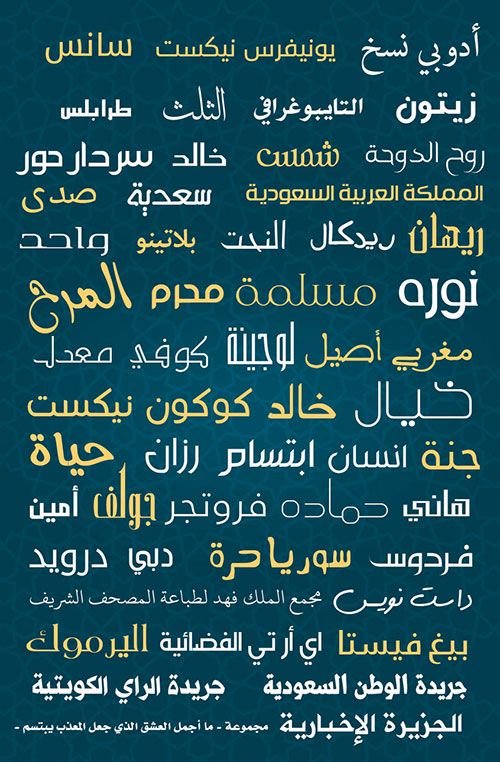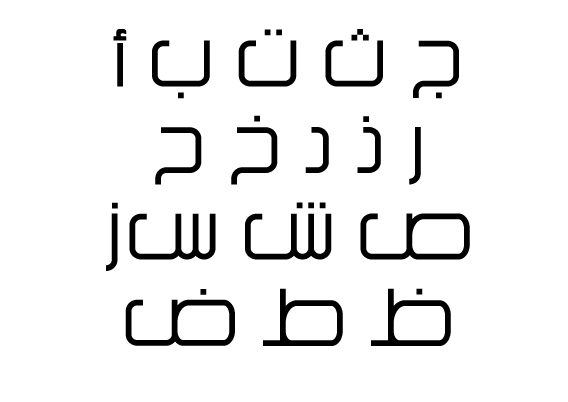What dialect of Arabic is used on LingQ?
By that I mean in the lessons.
Obviously in the forums you can use whatever dialect you want.
The problem is political / religious. No country wants to make a written standard of their spoken dialect because Standard Arabic is the language of god in their eyes and every country claims to have the purest dialect. It’s as if France, Spain, Italy, Portugal, and Romania all read and wrote in Latin while speaking different languages. Whenever you see dialect written in arabic script it’s kind of an approximation. It makes learning colloquial through a lingq method really difficult. I studied Levantine for a while and was taken aback the first time I heard Egyptian Arabic and How different it was. I think the best dialect to learn is Egyptian because it has the most speakers and resources (still very, very few). However Syrian/Lebanese is my favorite sounding dialect.
Very interesting. Thx for telling me this!
Sorry, you are wrong, and difficult to give your opinion when you are not a native Arabic…it’s just the website doesn’t have enough materials
When we get through a number of other issues, we definitely want to deal with those languages where LingQ could do things better, Asian languages, and then certainly Arabic. And when we do make Arabic a supported language and have good content, and can deal with the writing system, I will be the first to study the language, along with Farsi so I can surprise all the Persian shopkeepers here in West and North Vancouver.
Different dialects, but Egyptian dialect is the most popular because most of Arab populations are Egyptians and because of Egyptian cienma. If you want to learn Arabic, you should learn Standard Arabic, because as you know in Lingq, languages learning depends on reading and listening, and all Arab countries and Arabic speakers around the world write in standard Arabic. Arabic is not difficult, but you should read first how to spell words and the roots of Arabic words.
Ok good to know!
Yay Farsi! Ermergersh I can’t wait!!
I can see Steve learning MSA first, but Benny the Irish polyglot seems happy to have learned Egyptian plus Arabic script and only later turning to MSA. But Benny likes to travel and seems to get his language learning inspiration mainly from talking to people. I think it largly depends on personal goals.
I have to add, from what I’ve seen so far, Semitic roots are even more complicated than Slavic ones.
Thank you…شكرا
One thing I would like to see more of on lingq in general, but specifically with the semitic languages, is more practice reading the handwriting. Arabic especially can take on a decorative quality in posters etc, that are very dificult to read even if you can recognize the standard typefaces.
Hey you are a Benny Lewis fan too?!?! His profile on LingQ is idragon, in case you are wondering.
occasionally it evolves into a very complicated calligraphy Arabic Islamic calligraphy of dua(wish) Kullu Am Wa Antum Bikhair ( may you be well every year) on abstract grey background. Poster #46137850 - PrintMePoster.com
any help in Arabic , everyone is welcome, free…
But I think this is far away, because Arabic fonts are so many, and they have their schools that most of native Arabic people do not know. The most common fonts are two Req’a (الرقعة) and Nas’ (النسخ)
I agree that any serious learner of the language should learn Standard Arabic, but I think it is much easier to learn a spoken dialect first: The grammar is much more complicated and it is easier to study once you already understand some of the spoken dialect. Also, it is more natural as that’s how native Arab speakers learn the language. That is just my opinion though, feel free to disagree.
There is no grammer for Arabic dialect, so for forigener who wants to learn Arabic it is suitable for him to start with standard Arabic, and grammer will flow after more of listening and reading because Words Over Grammer ( secret # 4 ). And in advances levels he will be able to understand many Arabic dialects as the English learner who gains the ability to differentiate between American and British accents in advanced level
This is a good point. If lingq is working well on arabic this method would be a good approach. I think the thing that really, really would be useful about lingq is the auto sound play: it will teach you how to pronounce words since beginners really struggle with the lack of short vowels in written form.
I struggled and ultimately gave up on arabic before I got to lingq because reading and finding content was so difficult, but if it were improved I would like to go back to it.

